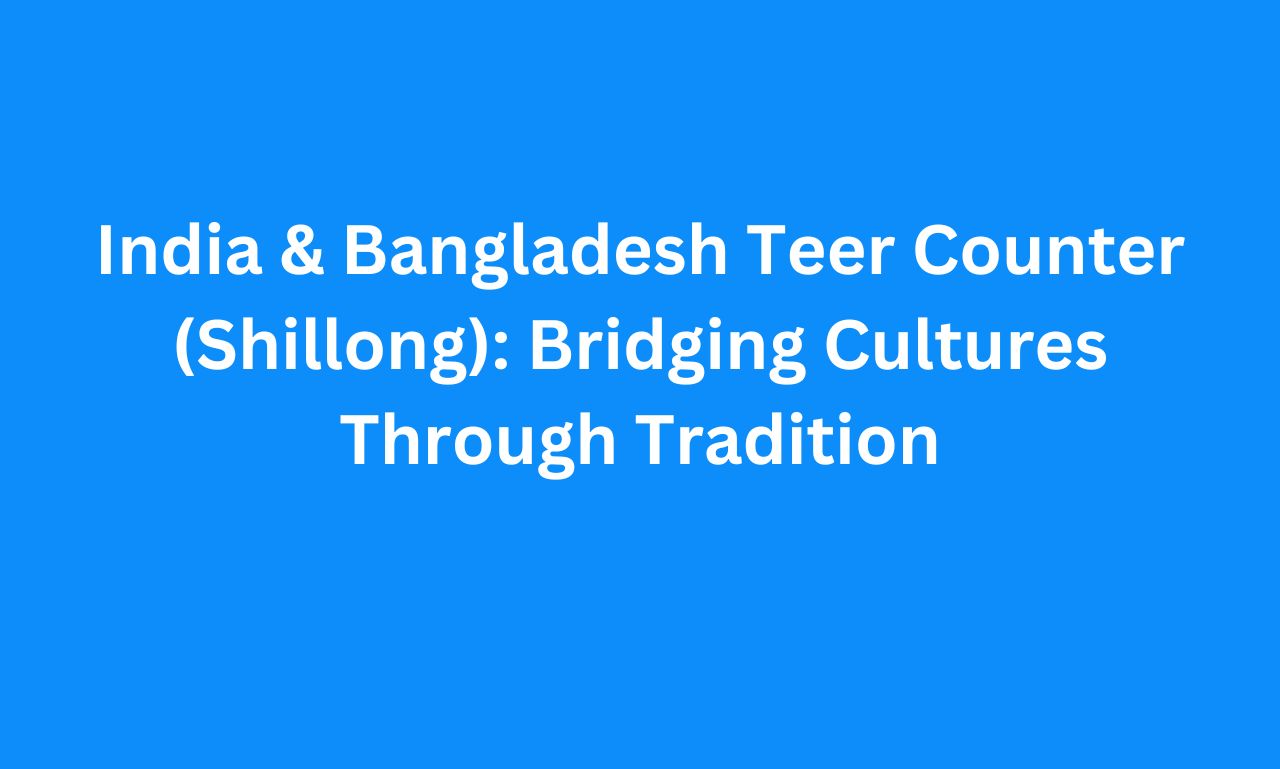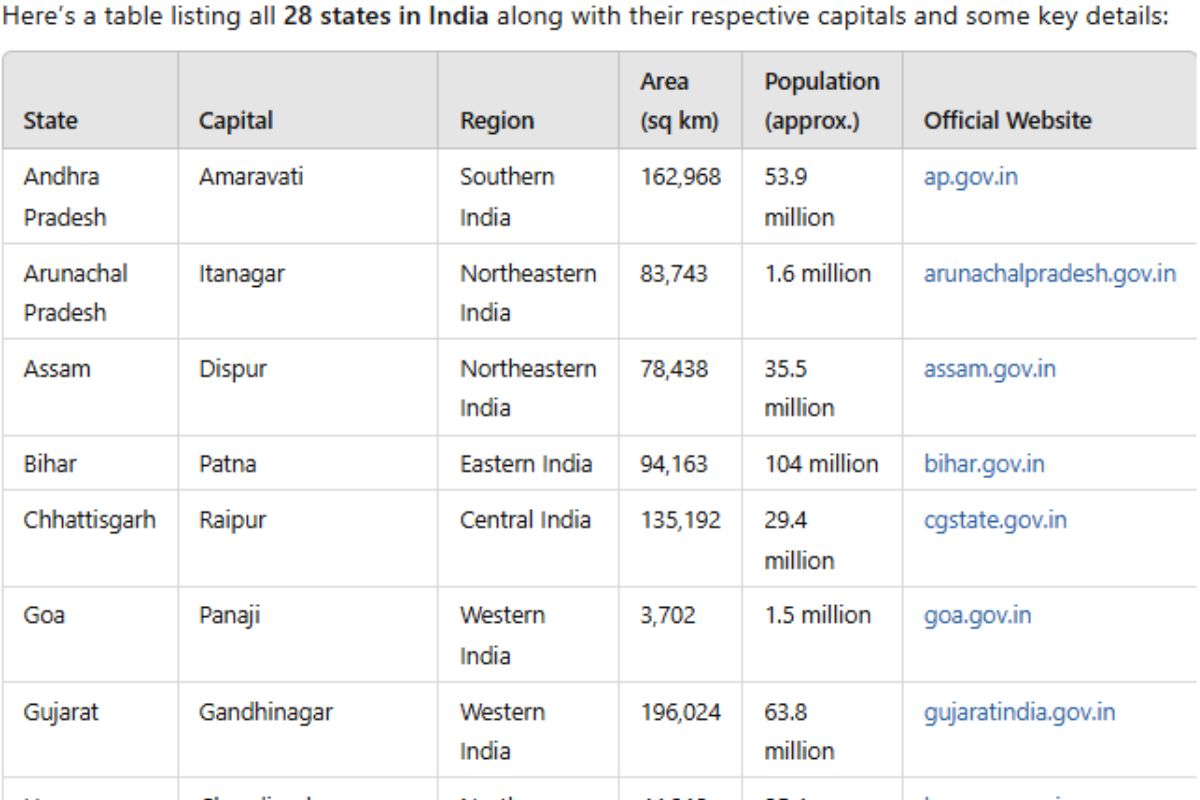In the misty hills of Shillong, amidst the lush greenery and crisp mountain air, an age-old tradition thrives—one that not only entertains but also connects communities across India and Bangladesh. The Teer Counter of Shillong, rooted in ancient archery practices, has evolved into a cultural phenomenon that bridges geographical boundaries and fosters a sense of unity among diverse peoples.
India & Bd Teer Counter ( Shillong ) Facebook group
India & Bangladesh Teer Counter (Shillong): Bridging Cultures Through Tradition
In the serene hills of Shillong, a unique cultural phenomenon brings together people from India and Bangladesh in a shared tradition that transcends borders and languages—the Teer Counter. Rooted in centuries-old practices of archery, Teer Counter has evolved into a popular game of chance that not only entertains but also binds communities across geographical boundaries.
Historical Roots and Evolution
The origins of Teer Counter can be traced back to ancient archery traditions prevalent in the northeastern regions of India, particularly Meghalaya. Historically, archery held significant cultural and ceremonial value among tribes like the Khasis and Jaintias, who inhabited these hills. Over time, what began as a skill-based sport transformed into a form of gambling, where participants wagered on the outcome of archery contests.
With the influx of immigrants from Bangladesh to Shillong over the decades, the Teer Counter became a meeting point for diverse communities. Bangladeshi immigrants, largely from regions like Sylhet, brought their enthusiasm for the game, enriching the cultural fabric of Shillong. This cultural exchange not only preserved traditional practices but also fostered a sense of community among diverse groups.
The Teer Counter Experience
Today, Teer Counters in Shillong are bustling hubs of activity. Each day, locals and tourists alike gather around these counters to place their bets on two rounds of archery conducted by skilled marksmen. The excitement builds as participants await the results, which are based on the number of arrows hitting the target—a unique twist that combines skill with chance.
The atmosphere at a Teer Counter is vibrant, with animated discussions and camaraderie prevailing among players. It serves as a microcosm of unity, where people from different backgrounds bond over a shared passion for the game. The counters themselves have become cultural landmarks, attracting visitors who wish to experience this blend of tradition and contemporary entertainment.
Impact on Community and Economy
Beyond its cultural significance, the Teer Counter plays a pivotal role in the local economy of Shillong. It generates employment for hundreds of individuals involved in organizing and managing the game, as well as serving as a source of revenue through taxation. Additionally, the game has spurred the growth of ancillary industries such as hospitality, transportation, and tourism, further boosting the region’s economy.
Socially, the Teer Counter fosters inclusivity and mutual respect among participants. It serves as a platform for intercultural dialogue, where individuals from India and Bangladesh exchange stories, traditions, and aspirations. This exchange not only strengthens cultural ties but also promotes understanding and harmony in a region known for its ethnic diversity.
Challenges and Future Prospects
Despite its popularity, the Teer Counter faces challenges, including regulatory scrutiny and concerns over responsible gambling. Efforts are underway to streamline regulations and promote responsible gaming practices to safeguard participants and uphold the integrity of the game.
Looking ahead, there is immense potential to further develop Teer Counters as cultural tourism destinations. Initiatives to preserve and promote indigenous archery traditions can attract international visitors interested in experiencing authentic cultural practices. Moreover, leveraging digital platforms can broaden the reach of Teer Counters beyond physical boundaries, fostering a global audience for this unique cultural heritage.
In conclusion, the Teer Counter in Shillong stands as a testament to the enduring power of cultural traditions in fostering unity and mutual respect. It exemplifies how a simple game of archery has evolved into a symbol of cultural exchange and economic vitality, bridging the gap between India and Bangladesh through shared experiences and shared heritage. As we celebrate diversity, the Teer Counter continues to shine as a beacon of cultural resilience and community spirit in the heart of the Meghalayan hills.






